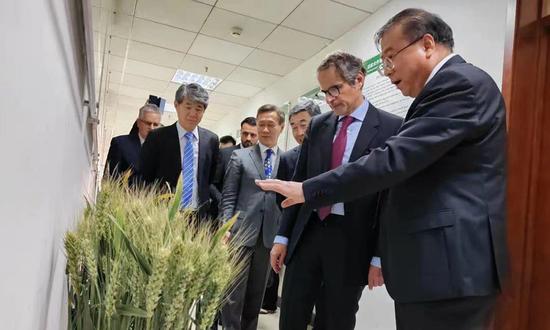
Liu Luxiang (right), deputy head of the Institute of Crop Science of the Chinese Academy of Agricultural Sciences, talks with visiting IAEA Director General Rafael Mariano Grossi at the institute on May 24, 2023. (Photo/Courtesy of Institute of Crop Science of the Chinese Academy of Agricultural Sciences)
China has developed and officially registered 1,050 irradiation induced-mutant varieties across 46 plant species, highlighting the country's contribution to the peaceful use of nuclear technology to address challenges such as climate change and food security.
International Atomic Energy Agency (IAEA) Director General Rafael Mariano Grossi recognized the outstanding achievements by China in its long-term leading cooperation in plant mutagenesis breeding technology in the Asia-Pacific region during his visit to the Institute of Crop Science of the Chinese Academy of Agricultural Sciences in Beijing on Wednesday.
Grossi noted that plants and crops bred through mutagenesis are an important element of the peaceful use of nuclear technology and an effective means to cope with major challenges such as global climate change and food security.
Addressing the 2023 International Conference on Nuclear Technology Application, which kicked off on Wednesday in Haiyan, East China's Zhejiang Province, Liu Luxiang, deputy head of the Institute of Crop Science of the Chinese Academy of Agricultural Sciences and chairman of the Chinese Society of Nuclear Agricultural Sciences, emphasized that new crop varieties are fundamental to China's food security.
With a population of more than 1.4 billion, the country consumes about 700,000 tons of grain, 98,000 tons of oil, 1.92 million tons of vegetables and 230,000 tons of meat every day. Technology is a fundamental way to ensure China's food security, Liu said.
"China has registered 1,050 irradiation induced-mutant varieties, accounting for about one-third of the mutations internationally. It has increased grain production by more than 1.1 billion kilograms per year," Liu told the Global Times during the meeting.
Mutation breeding uses physical radiation or chemical means to induce spontaneous genetic variations in plants to develop new crop varieties that have greater yields, stability and adaptability to challenges such as climate change, Liu noted.
Liu said that of the 1,050 varieties, more than 300 are space-induced seedings. Space breeding refers to exposing seeds and strains to cosmic radiation and microgravity during a space mission to mutate their genes.
China conducted its first space breeding experiment in 1987, launching packets of seeds on a satellite and returning them to Earth after exposure to cosmic radiation. Since then, hundreds of plant species' seeds have traveled with dozens of the country's retrievable satellites and the Shenzhou spaceships, the Xinhua News Agency reported.
The IAEA head said the international organization will continue to support China's development of plant mutagenesis breeding. The advantages and potential of the agricultural application of nuclear technology should be brought into play to ensure regional food security.
Liu said, "China is the world-leading country in breeding plants with mutagenesis and has been a lead country of the IAEA nuclear radiation mutagenesis and breeding cooperation program in the Asia-Pacific region, making important contributions to food security in China and the Asia-Pacific region."
Under the framework titled "Plant Mutation Breeding Network for Asia Pacific," Liu said China has been working closely with some 16 countries and regions in the area such as Australia, Bangladesh, Japan, India, South Korea and Pakistan through technology sharing and training.








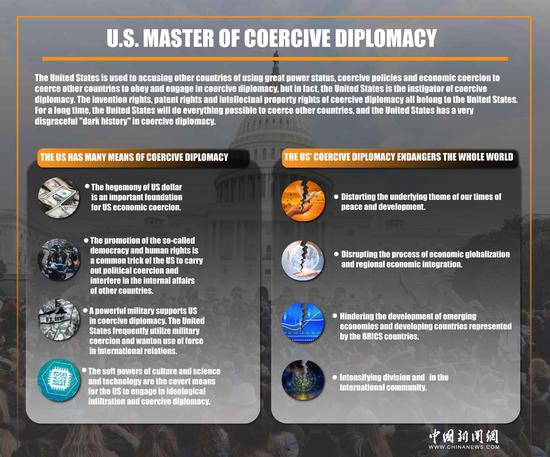

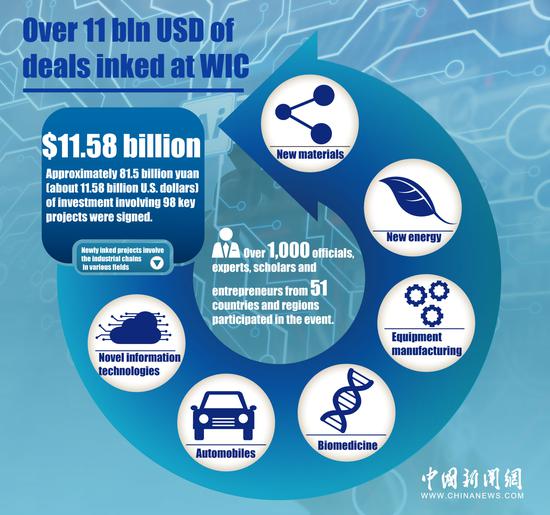










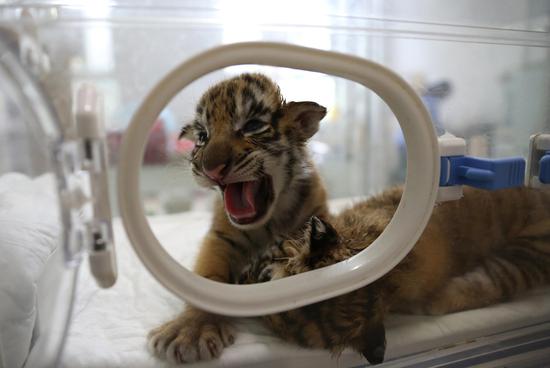
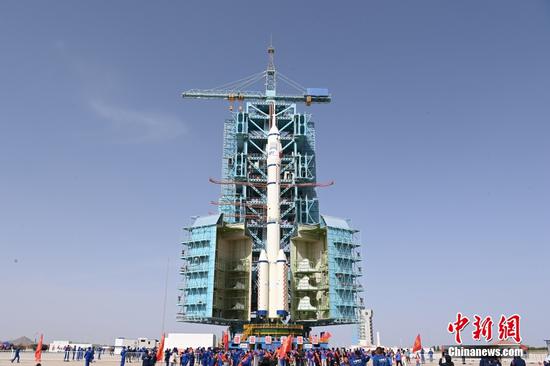

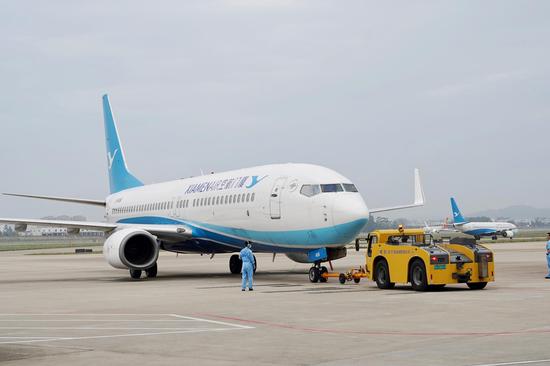
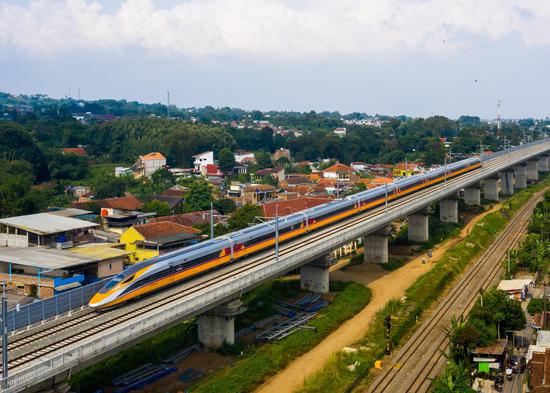
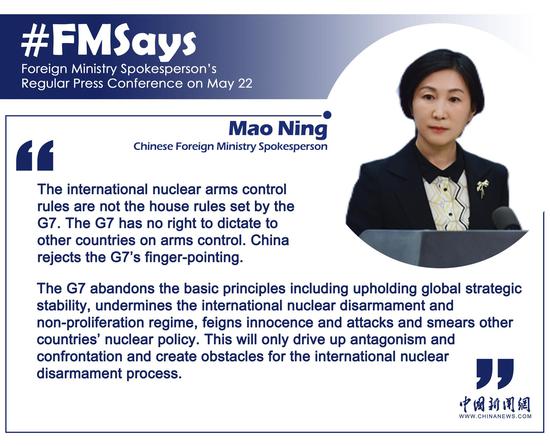

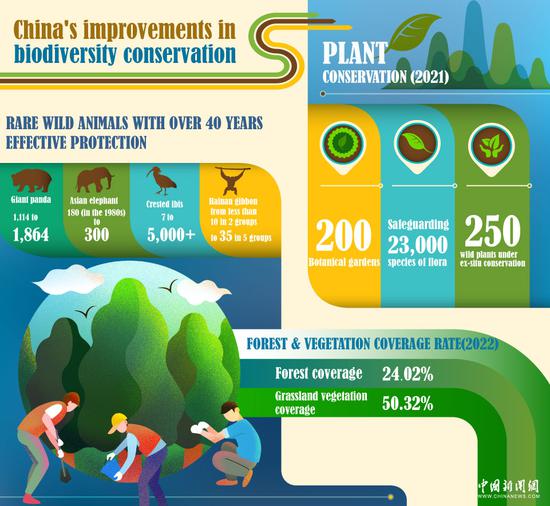

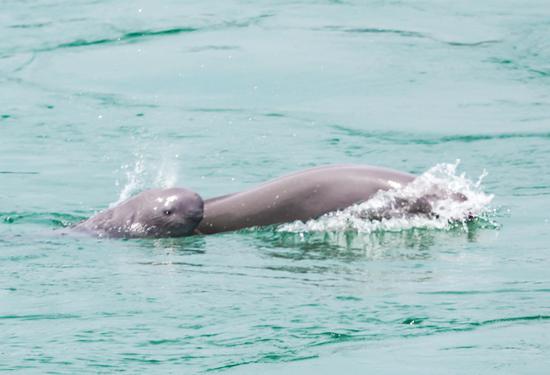

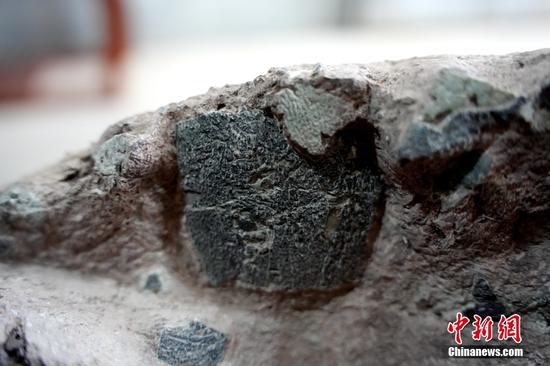

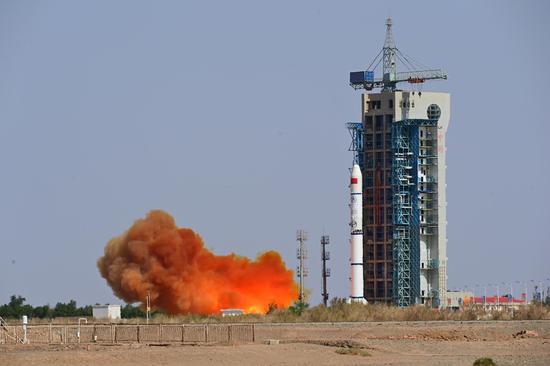
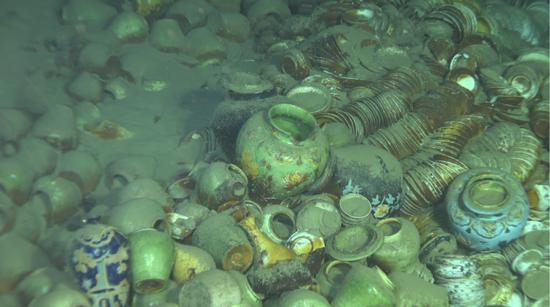





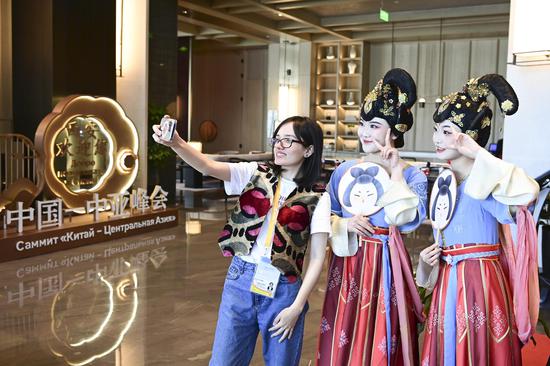
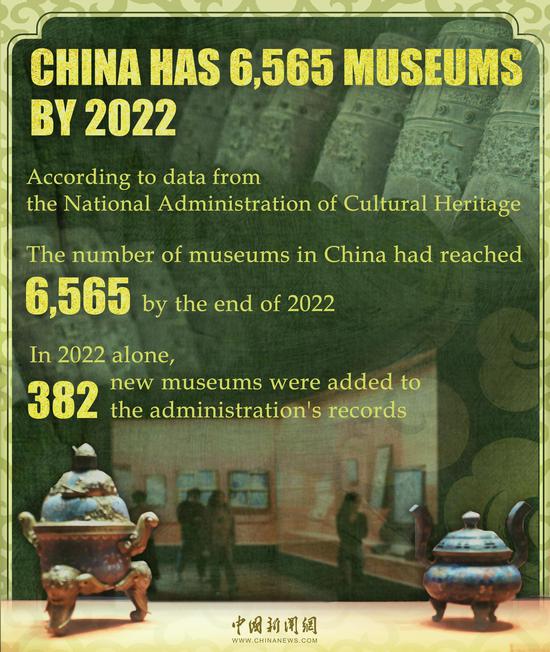







 京公网安备 11010202009201号
京公网安备 11010202009201号